By Karkala Ananda Bhat
Of late, Karnataka is in the news for all the wrong reasons, as a prominent politician of the ruling party was allegedly caught in a sleaze CD scam. Perhaps, the scam may fade out just like any other similar CD scams that had rocked the State in the past.
But the current sleaze CD case explains the deteriorating moral standards of politics in Karnataka as well as in the country. The case also throws light on how the number-game and power-politics overrides everything in our Parliamentary Democracy.
With the number-game and caste-politics ruling the roost, every political party displays the tendency to ignore the righteousness and honesty of candidates and give tickets to only such candidates who can win either by hook or crook, through money and muscle power. Such a tendency of political parties to give tickets to candidates based on caste and other credentials has resulted in rampant pollution of our political system, which has its roots in democratic principles.
Taking note of such a dangerous tendency, the Supreme Court (SC), our country’s Apex Court, in 1978, rolled out a set of guidelines for upholding democratic principles, which are very much relevant even now.
The SC, while setting out the guidelines, had observed that elections should be free and fair, with the involvement of all. The Court had opined that free and fair elections is elemental for protecting the fundamental principles of Democracy.
The Supreme Court, in its another ruling in 2018, directed the Parliament to free politics from the cesspool of criminalisation of politics. The SC, in yet another ruling in February last year that targeted political parties, said that political parties must give prominence for giving poll tickets to clean, honest, capable and deserving candidates rather than taking into account their winnability.
But successive Governments seem to have no will-power to honour the SC’s directions while allotting party tickets to candidates for elections. With parties giving the go-by for principles and ideologies, money and muscle-power seem to have taken over the polls, with anti-social elements becoming all the more active during election time.
Even the elections are fraught with fraud and loopholes, as can be seen by the undue delay in disposal of election petitions, limited powers to the Election Commission, non-transparency in financial transactions of political parties, no-ban on pre-poll and exit polls and the havoc of paid news. All these issues have left the Election Commission paralysed.
Electoral Reforms
Several Commissions and Committees formed by the Governments in recent years have come with a variety of suggestions on electoral reforms. The Goswami Committee formed in 1990 and Vohra Committee constituted in 1993, have come up with glaring electoral reforms, which needs to be implemented at the earliest for checking electoral frauds and malpractices.
Later in 1998, the then UPA Government formed a Committee headed by veteran politician Indrajit Gupta on putting a cap on poll expenses by candidates. Thereafter, in 1999, the Law Commission in its 170th report to the Government, came up with a set of legal reforms in the election process.
The Election Commission in 2004 and the Second Administrative Reforms Commission in 2008, came up with several important recommendations to the Government regarding poll reforms. However, it is disappointing to note that the Legislature has so far failed to legislate the recommendations.
On the other hand, the Indian voters are an unorganised lot, with deep divisions based on religion, caste, creed, language etc. Politicians have taken such a situation to their own advantage, by creating divisions among the voters and also luring them with money, liquor and such other freebies, in exchange for votes.
By doing all sorts of irregularities and malpractices, the politicians have criminalised elections, by their criminal acts such as issuing threats and intimidation. Criminals, who used to contest the polls as independent candidates in the past, have now grown in courage to contest on party tickets, thus posing a grave threat to the very fundamentals of our unique democratic set up.
Election Watchdog Findings
Meanwhile, the criminalisation of politics has grown beyond bounds. According to the findings of watchdog bodies — National Election Watch (NEW) and Association for Democratic Reforms (ADR) — out of the current 539 Lok Sabha MPs, 233 MPs have criminal cases pending against them, which forms a whopping 43 percent of our Lok Sabha representatives, as per the self-attested affidavit furnished by them to the election authorities.
Also, 185 MPs, who contested the Lok Sabha polls in 2014, have criminal cases, which account for 34 percent while 162 MPs had criminal background in 2009 LS polls, accounting for 30 percent. In another alarming statistics, 76 MPs elected in 2009, 112 MPs elected in 2014 and 159 MPs elected in 2019, had declared that they had serious criminal cases pending against them.
Political dynamics
The election of criminals in polls has not only posed a threat to our electoral system, but also our Democracy. The slow paced legal process has only emboldened our criminal politicians, who through their money and muscle-power, have been successful in overturning the political dynamics.
Such unscrupulous politicians have become so powerful, that they can bear influence on our Legislature and Judiciary. They also indulge in rampant misuse of Administrative and Government machinery for meeting their own selfish ends.
Politicians with criminal background may use their power and authority to influence the criminal and other cases registered against them in the past and thus free themselves from the legal tangle.
In such a scenario, it would only be self-defeating if we allow politicians with criminal background to contest polls at any level. Also the candidature of a series of criminals in elections will leave the voters with little option to choose the elected representative of their choice. The candidature of unscrupulous candidates is also a test for our Democracy, as they strike at the very grassroots of our democratic set up. It is high time that candidates with serious criminal background are barred from contesting any polls.
Moral degradation
Cases have been registered against 29 MPs for hate-speech. According to an ADR report, candidates having a criminal background have 15.5 percent chance of winning while those having no criminal record, have an abysmally low chance of 4.7 percent of a win. This explains the moral degradation of our electoral politics, with voters too becoming corrupt and losing the right to question. Out of the 301 BJP MPs who were elected in the 2019 Lok Sabha polls, 87 are facing serious criminal charges, while 19 of the 51 from Congress party, 6 of the 23 from DMK, 4 of the 22 from TMC and 8 of the 16 from JD (U) have a criminal background.
Out of the 542 MPs who were elected in the 2009 Lok Sabha polls, 315 (58 percent) became richer, turning into millionaires. In 2014, 443 MPs (82 percent) got richer while 475 MPs (88 percent) got richer in 2019 polls. In 2019, candidates who had lesser assets, stood at 1 percent chance to win while 218 candidates (21 percent) with more assets had a better chance to win.
All these statistics show that those who earned wealth immorally have a better chance of winning the polls. As regards educational qualification is concerned, 128 MPs (24 percent) in the current Lok Sabha have poor educational background (5th to 12th standards), while 392 MPs (73 percent) have a qualification ranging from Degree to Doctoral degrees.
All these facts and figures only go to show that Indian Democracy is now in the hands of criminals, wealth accumulators and the corrupt. This worrying fact poses a threat to the very foundation of Democracy. In this backdrop, it is vital to fast-track the trial against criminal politicians. At the same time, it is also important that Courts must not show any leniency towards accused politicians during the course of trial and thus send a message that all are equal in the eyes of the law.
As a measure to end corrupt practices during elections, it is important to conduct widespread awareness campaigns among voters against falling prey to allurements and false promises, with the involvement of mature, responsible, informed youths, voluntary organisations, yuva mandals and other non-political organisations.
A quote from British writer Alan Moore reads: “People shouldn’t be afraid of their Government. Governments should be afraid of their people” and to make this quote a reality in the Indian context, every voter must strive to bring about a change in our country, not just for the sake of himself or herself, but for the sake of we the people of this entire country that is Bharat.
[The author is a Freelance Journalist and a former Banker]



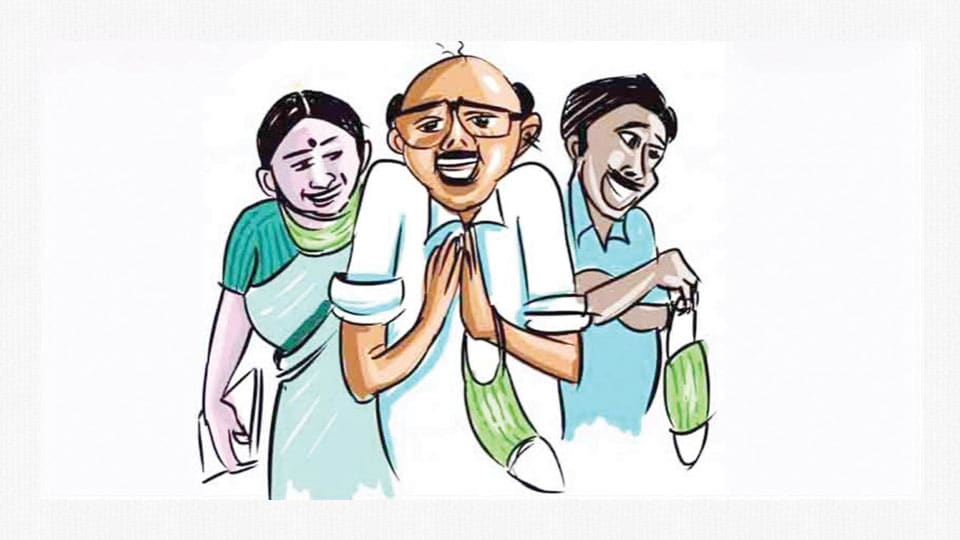
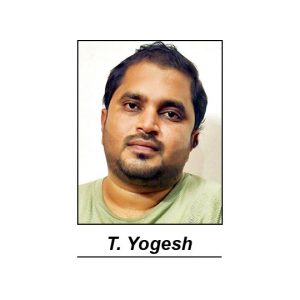
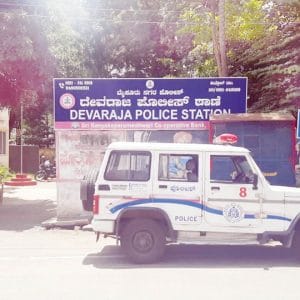
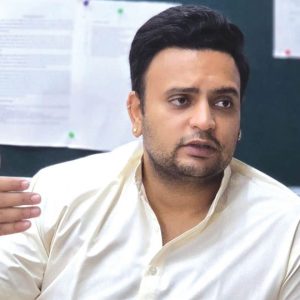
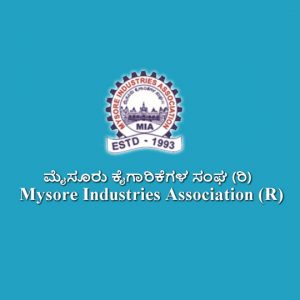
Recent Comments